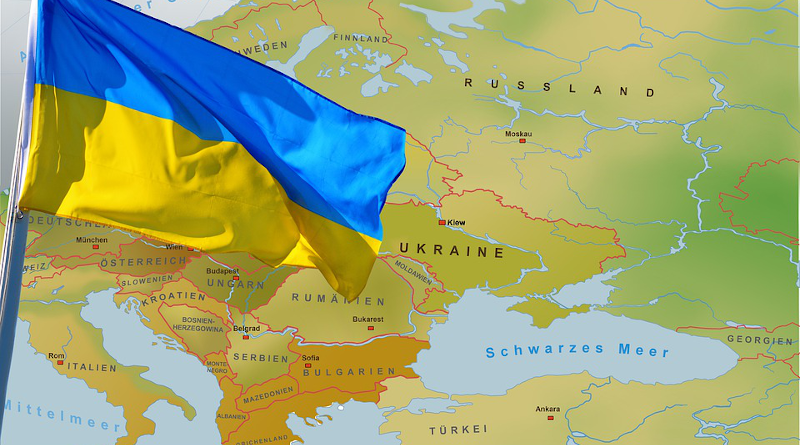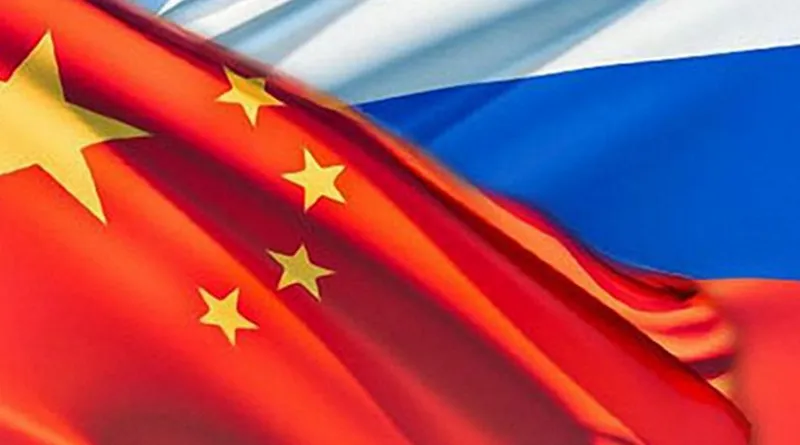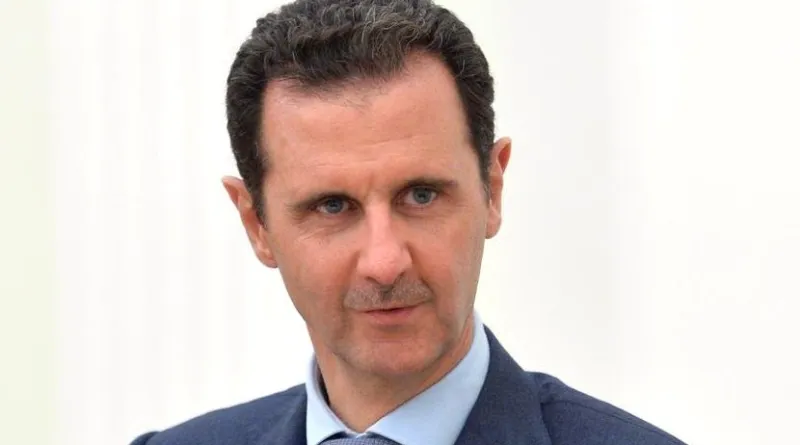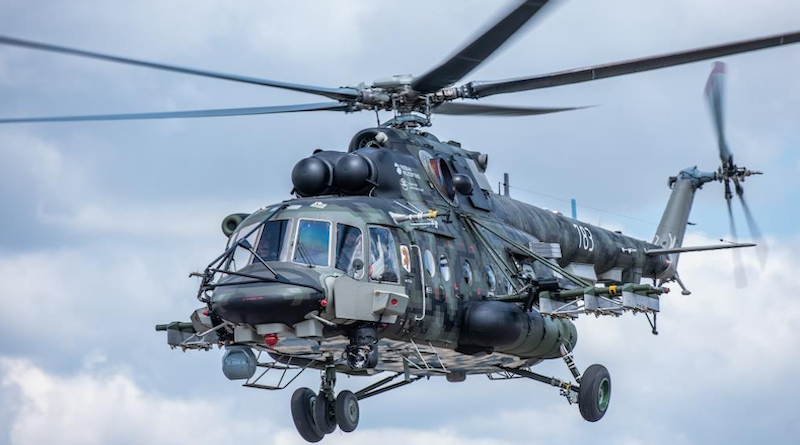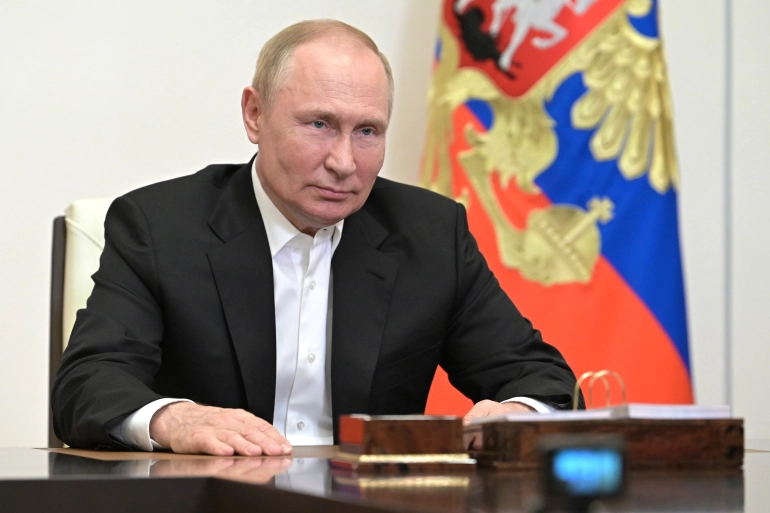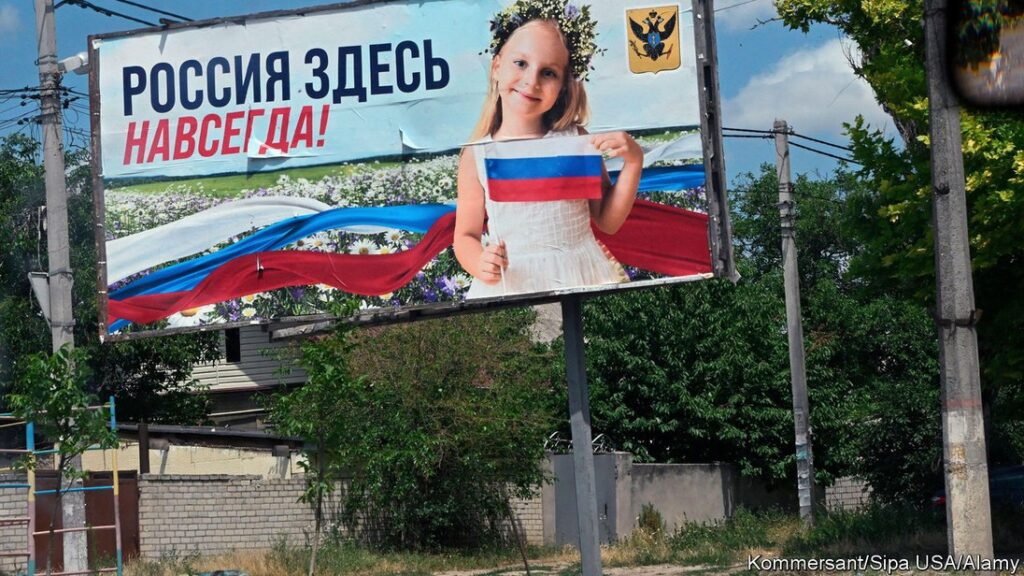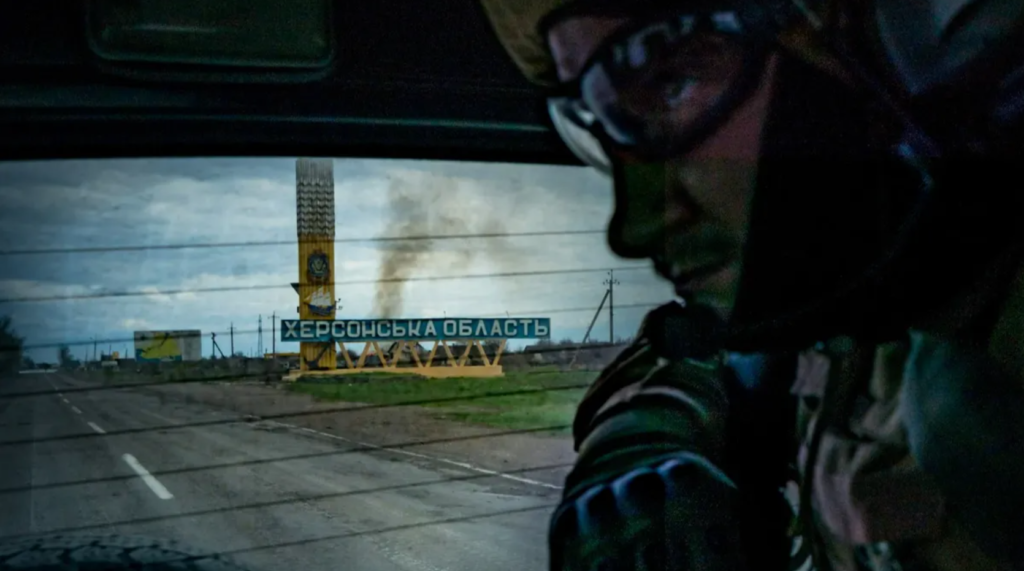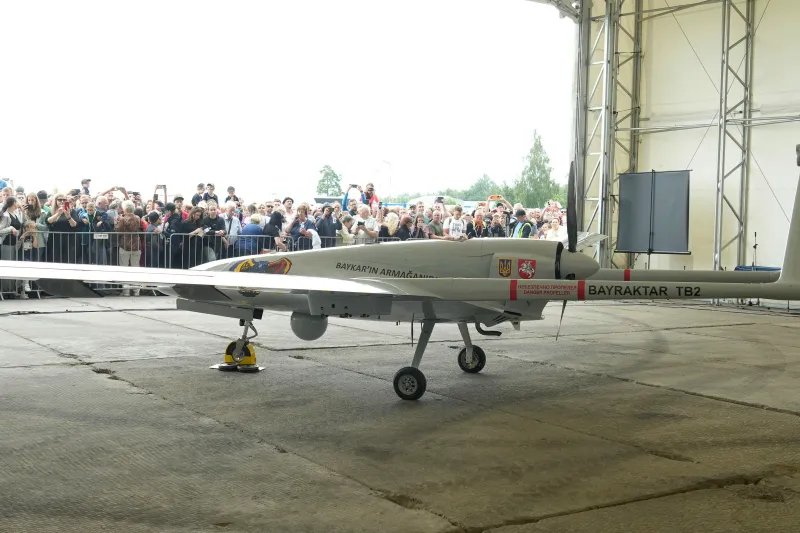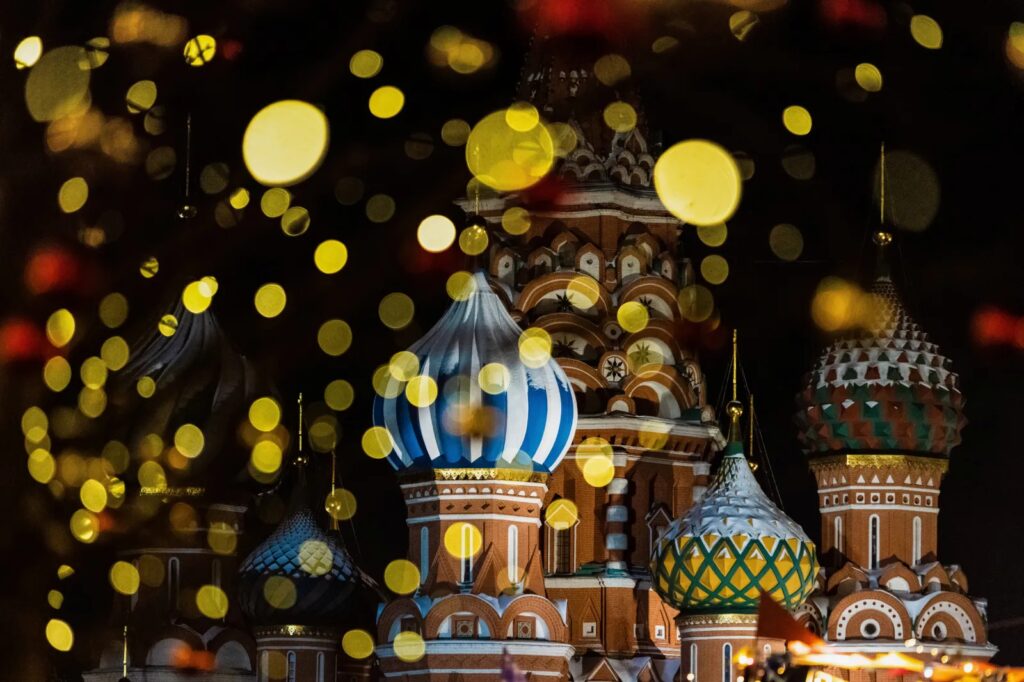Is Russia’s Economy on the Brink?
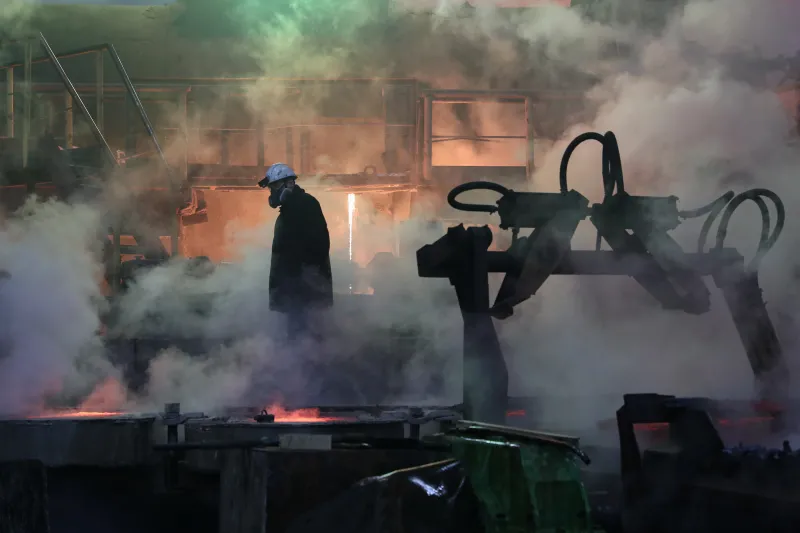
Moscow’s Struggle to Sustain Its War in Ukraine
In April, just weeks after he launched the invasion of Ukraine, Russian President Vladimir Putin maintained that the West could never strangle Russia’s economy. The barrage of American and European sanctions had not succeeded and would not succeed in bringing his country to its knees. “We can already confidently say that this policy toward Russia has failed,” he told his officials. “The strategy of an economic blitzkrieg has failed.”

